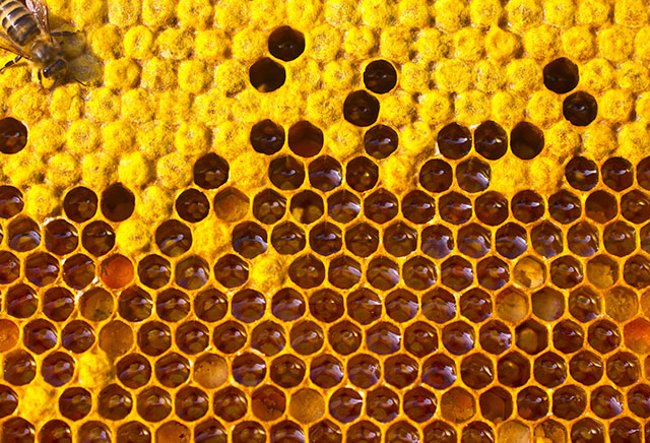The number of honey bees in the world decreased by nearly 12%
An international study conducted at the University of Strathclyde said: " After last winter, the number of honey bee colonies has decreased by nearly 12% ." Beekeepers in 29 countries report that of the nearly 400,000 honey bees they manage, 11.9% of them cannot survive the winter.
 Beekeepers in 29 countries report that of the nearly 400,000 honey bees they manage, 11.9% of them cannot survive the winter.
Beekeepers in 29 countries report that of the nearly 400,000 honey bees they manage, 11.9% of them cannot survive the winter.
Many cases of bees are frozen after problems with the queen's bee are higher than expected. Last year, the United Kingdom and Spain were the hardest hit, and this year other regions of Europe were the worst hit.
Preliminary results are achieved through a study by COLOSS Honey Bee Research Association , based at the University of Bern 's Bee Health Research Institute.
Dr. Alison Gray, a lecturer in the Department of Mathematics and Statistics at Strathclyde University, who is a member of the study, said: " The damage rates between countries vary considerably. In the annual survey now, Ireland and Northern Ireland suffer the biggest losses, then Wales and Spain . "
" This year's loss ratio model is different from last year, when higher mortality and losses are found between Europe and the countries located in the East. This year's rate of losses is expected to be higher. Compared to countries in the West and North, although Spain is the country with the highest damage rate in both years ".

All the damage shown here includes losses due to the unresolved problems of queen bees and dead bees in the winter for many different reasons. The damage caused by the problems of queen bees suddenly increases in some countries and this is an issue that needs further investigation.
" The main role of honey bees in the pollination season is to maintain the number of bees, it is very important for agriculture, food security and economy. Honey bees also pollinate many plants and plants. flowers - which are essential to other wildlife, and play an important role in maintaining the natural environment and biodiversity.
Our COLOSS study explores the extent of bee colonies and the risk of reducing the number of bees including the management, pest, disease and environmental factors . "
Research indicates that the fall and early summer months of 2015, starting from March to July in Norway, Scotland, Sweden, Denmark and Ireland are often very cold, temperatures range from 12.8 to 14.4 degrees Celsius. This may have a negative impact on the development of honey bee colonies. The results show that a large number of dead honey bees and unresolved queen problems after the winter increase.
You should read it
- ★ Honey is very good, but never combine them with these foods
- ★ How to heal wounds quickly and effectively with honey
- ★ The mystery of how people and birds communicate
- ★ What is the effect of honey pickled garlic? How to soak garlic with honey
- ★ How to soak and preserve ginseng with standard honey at home